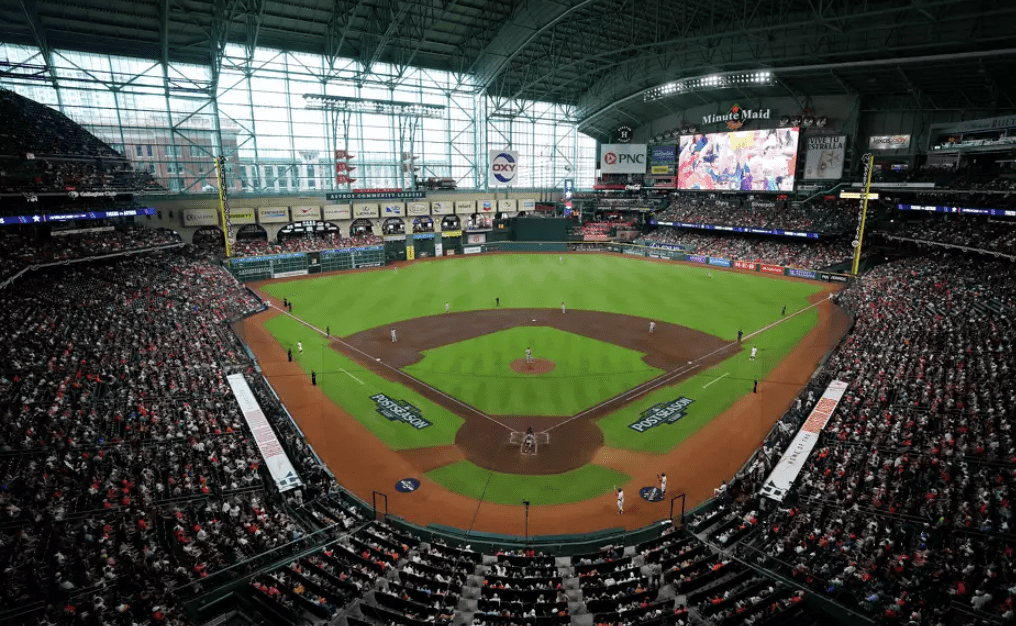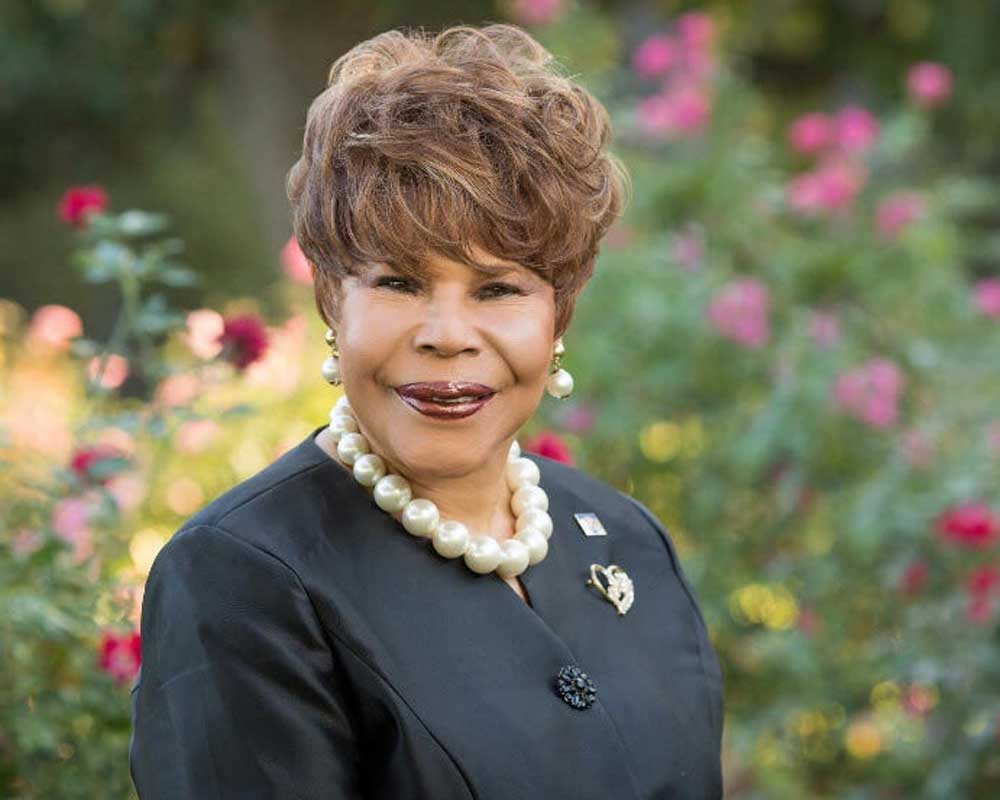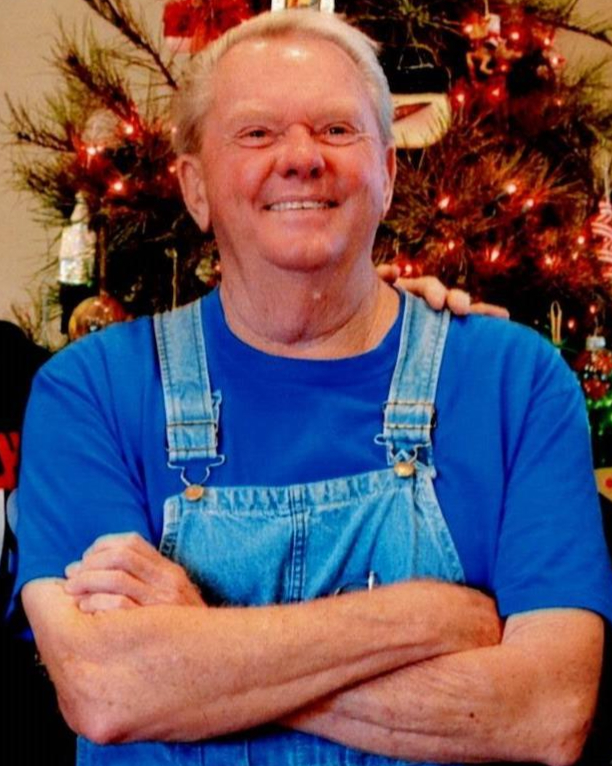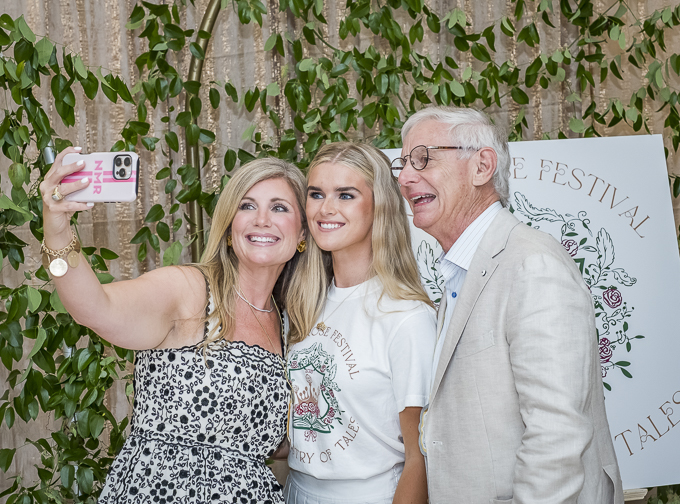Daikin Park new name for Astros’ stadium
Published 3:48 pm Monday, November 18, 2024

- The current Houston Astros ballpark, known as Minute Maid Park, before the American League Wild Card Series in 2024. It will now be known as Daikin Park. (Alex Bierens de Haan/MLB Photos via Getty Images)
HOUSTON — Minute Maid Park’s time is up.
Jose Altuve, Yordan Alvarez and their Houston Astros teammates will play home games at the renamed Daikin Park when next season begins.
Trending
The Astros on Monday announced a 15-year naming rights agreement for their downtown ballpark with Daikin Comfort Technologies North America, Inc., a subsidiary of Daikin Industries, Ltd., the Japan-based manufacturer of air-conditioning products.
The name change to Daikin (pronounced die-kin) will officially take effect Jan. 1, 2025, ending the stadium’s run of over two decades as Minute Maid Park, and last through the 2039 season. The Astros announced the change in a news conference at the ballpark Monday morning, unveiling a home plate-themed Daikin Park logo.
“Today we’re here for a special celebration to welcome Daikin to the Astros family,” Jim Crane, Astros owner and chairman, said at the on-field news conference. “Daikin is a global company whose North American headquarters are based right here in the Houston community, and we hope to make that name present and popular around town.”
Minute Maid Co., a formerly Houston-based division of the Coca-Cola Co., affixed its name to the Astros’ ballpark in June 2002, agreeing to pay the team an estimated $170 million over 28 years for the naming rights plus other advertising and marketing opportunities.
That agreement was to run through 2029. The Astros did not announce why it ended early, but a person with knowledge of the situation said it was a mutual decision for the team to explore finding a new naming rights partner and that the Astros did not have to buy out the rest of the Minute Maid deal.
Minute Maid will remain a marketing partner of the Astros through 2029, the team said.
Trending
Terms of the deal with Daikin — whose U.S. operations include producing HVAC equipment at the Daikin Texas Technology Park in Waller, outside of Houston — were not announced.
“The coming together of both our organizations is a symbol of our love for our hometown and the communities of the Greater Houston area,” Takayuki Inoue, executive vice president of Daikin Comfort Technologies North America, Inc., said in a statement.
The values of stadium naming rights deals in Major League Baseball vary widely, according to reported figures.
The Atlanta Braves’ deal with Truist is believed to be worth about $10 million per year, according to the Atlanta Journal-Constitution. The Texas Rangers’ deal with Globe Life Insurance is valued at $11 million annually, per the Sports Business Journal. Those ballparks opened in 2017 and ‘20, respectively.
The San Francisco Giants, who like the Astros began playing in their current ballpark in 2000, entered a new naming rights deal in 2019 with Oracle Corp. The deal carries a similar annual value to the Braves’ deal with Truist, according to Stadiaworld, an outlet that reports on sporting and event venues.
On the other end, the Seattle Mariners’ deal with T-Mobile, which began in 2019, has an annual value of $3.5 million, according to Forbes. And the Milwaukee Brewers’ deal with American Family Insurance, which began in 2021, pays the team an estimated $4 million per year, per the Milwaukee Business Journal.
The Astros said the deal with Daikin will allow the team “to continue to invest in stadium amenities” and include unspecified community initiatives.
The Astros’ ballpark opened in 2000 as Enron Field, its name for two seasons before the Astros bought naming rights back from Enron Corp. after the energy company’s bankruptcy filing. For several months, the stadium was known as Astros Field, prior to its becoming Minute Maid Park.
Some fans will surely retain a connection to that name. During its tenure, the Astros reached their first World Series in team history in 2005, endured a rebuild, changed leagues, won their first World Series in 2017 (later marred by their electronic sign-stealing scandal), and won a second championship in 2022.
Known best for its orange juice, Minute Maid was based in the Houston region for more than 50 years until moving its headquarters to Atlanta in 2021. Crane thanked Minute Maid and the Coca-Cola Co. “for being a great partner for a very, very long time and committed to the ballpark.”
“We look forward to continuing working with them moving forward,” Crane said.
Minute Maid has prominent signage at multiple spots around the ballpark, including the exterior facing U.S. 59 and above the huge video scoreboard beyond the right-field bleachers. A rendering displayed at Monday’s news conference showed a Daikin Park logo above the scoreboard and on the outside of the building.
Signage changes will be made throughout the first quarter of 2025 and completed by opening day, March 27, when the Astros host the Mets, a team spokesperson said.
The train above the left-field Crawford Boxes has held a “cargo” of oranges since the ballpark was christened after Minute Maid. The train is not going anywhere, but in regard to the oranges, the team is working on a replacement “surprise” that will be revealed opening day, Crane said.
Daikin, founded in 1924 in Osaka, Japan, is one of the world’s largest manufacturers of air-conditioning products and has over 98,000 employees globally, including more than 22,000 in the U.S., according to its website. Forbes reported its market value at $47.3 billion this year.
Under the agreement, Daikin receives added exposure from its name being featured on an MLB stadium, one also scheduled to host two rounds of the World Baseball Classic in 2026. The Astros are believed to be getting a revenue boost from their previous naming rights deal.
The Astros’ lease at their ballpark runs through 2050. The lease, originally set to expire in 2030, was extended in 2018. The extension included a rent increase of $1 million per year through 2030 and an additional $1 million over the final 20 years.






